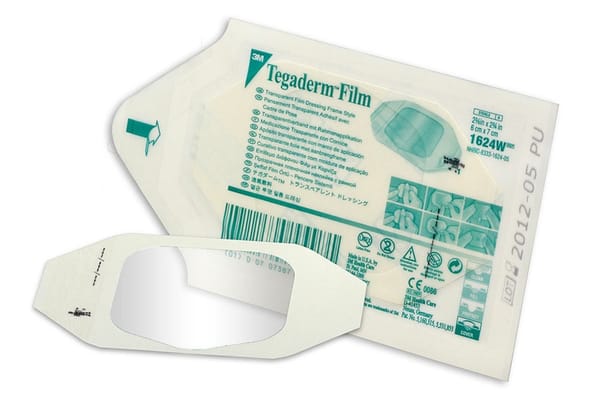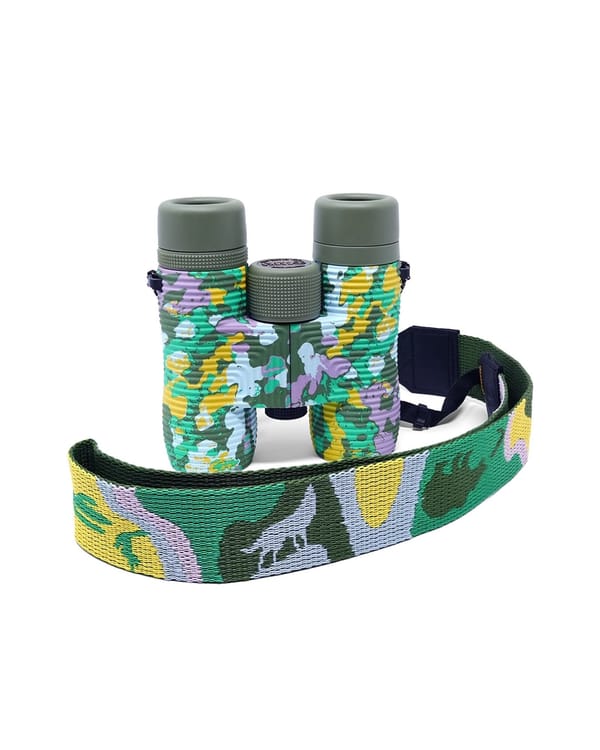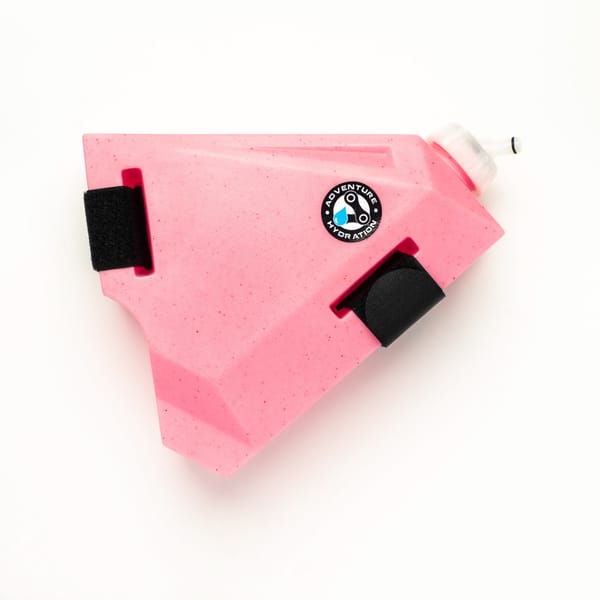Nissan's Answer to Your Baby's Backseat Blues
Discover how Nissan's new puppet, Iruyo, designed to entertain and soothe babies in cars, can transform your driving experience with your little one.
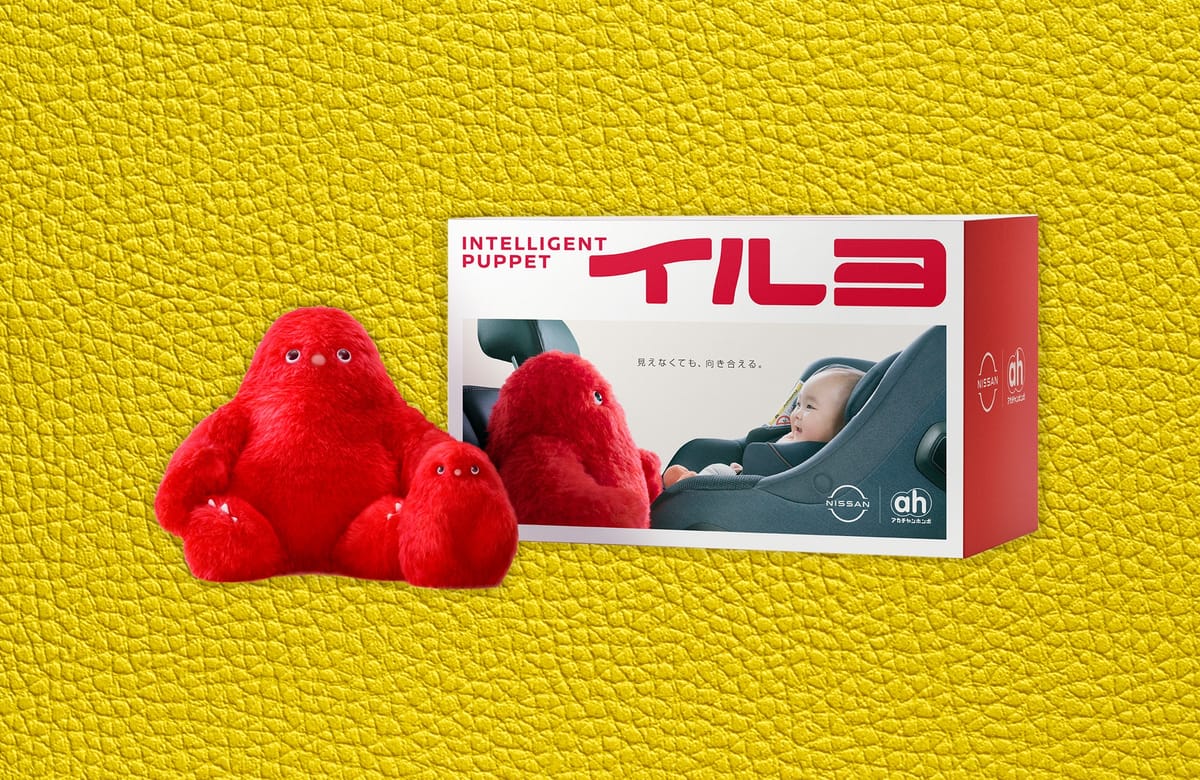
Driving with a crying baby in the backseat can turn any routine trip into a stressful ordeal. Several years ago when my now seven year old was 2 we were driving home overnight from Glacier National Park to Denver and she was absolutely inconsolable. It was pitch black out, I was driving two lane highways, and every five miles or so a combine with no lights on would cross the road because some type of harvest was occuring. It was the most stressful thing I've ever done on the road, and I regularly go 35mph on a bike wearing lycra inches from other people doing the same.
If this thing work, I would've killed for it.
Nissan, in collaboration with Tokyo ad agency TBWA\Hakuhodo and Japanese retail giant Akachan Honpo, has developed a unique solution: Iruyo, a puppet designed to entertain and soothe babies during car rides.
Meet Iruyo, Your Child's New Backseat Buddy
Iruyo, which translates to "I'm here" in Japanese, consists of two components: "big Iruyo" and "little Iruyo." Big Iruyo is attached to the backseat's backrest, facing the rear-facing child seat. It can wave its hands, play peek-a-boo, and clap in sync with songs sung by parents, responding to specific voice commands. Little Iruyo, placed within the driver’s reach in the cup holder, acts as a visual cue for the child, mirroring their actions like closing its eyes when the child falls asleep, thanks to a built-in camera that monitors the child's face.
The Technology Behind the Comfort
The puppet uses advanced camera technology to assess the baby’s facial expressions, particularly the eyes, ensuring privacy concerns are addressed by focusing solely on eye movement. This technology not only helps keep the baby engaged but also allows parents to focus more on driving rather than worrying about their child's immediate discomfort.
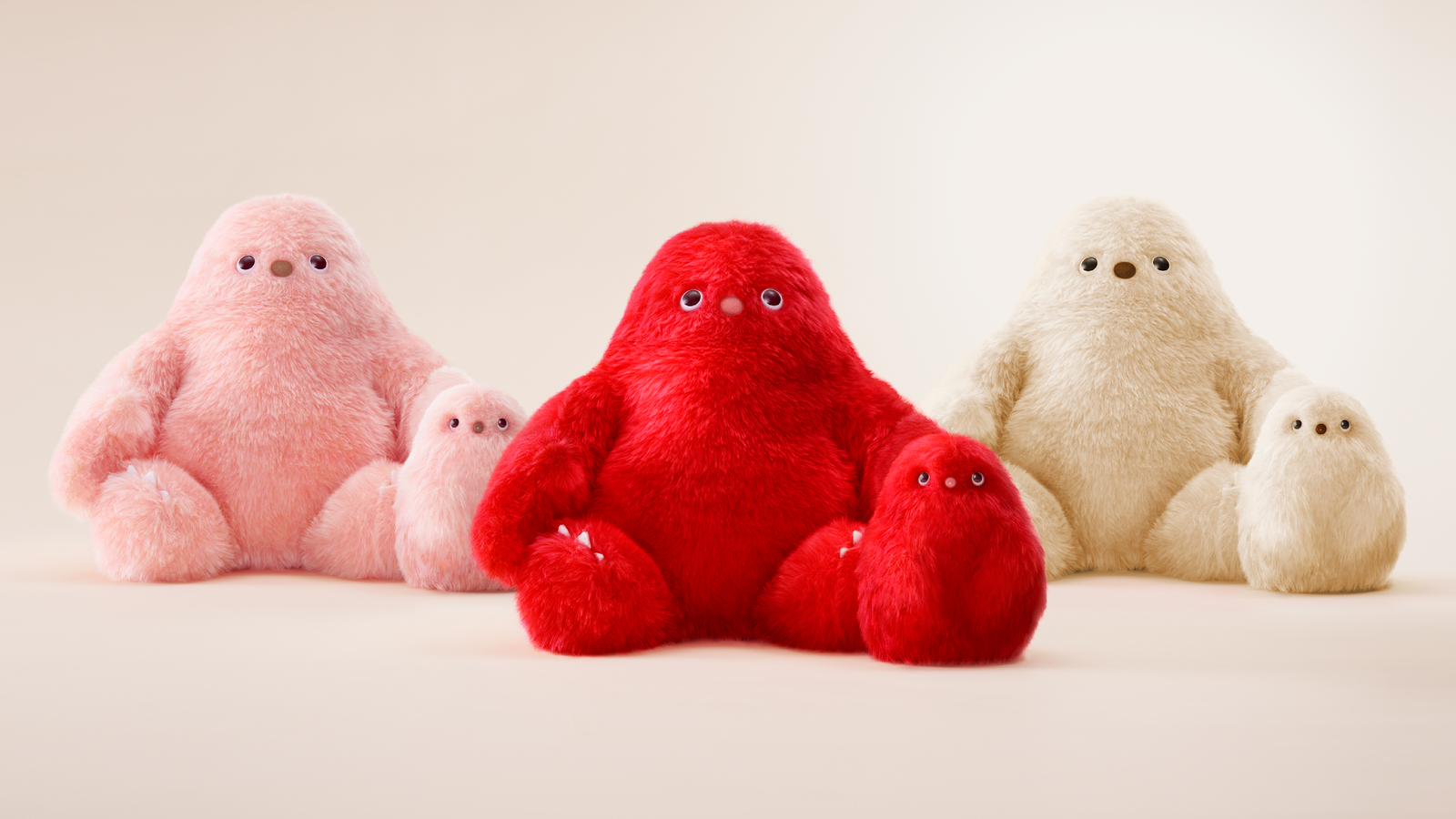
Market Potential and Parental Feedback
Originally not intended for commercial release, Iruyo saw a change in course after a successful initial marketing campaign showcasing Nissan's sensing technology. The campaign generated significant exposure, prompting Nissan to consider a broader launch. Market surveys conducted by TBWA and Akachan Honpo revealed that a significant percentage of parents frequently experience anxiety from not being able to soothe their children while driving alone. This insight was pivotal in the decision to bring Iruyo to market.
Design and Safety Considerations
The design of Iruyo draws on Japan's kawaii culture, appealing directly to its young audience with big, friendly eyes and a bright, inviting color palette. Safety tests ensure that Big Iruyo does not obstruct the driver's view and that Little Iruyo does not distract from driving. The puppet's design has evolved through consumer feedback, leading to a more effective and appealing version devoid of elements like a mouth, which had initially caused distress among some infants.


